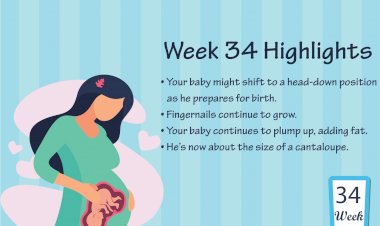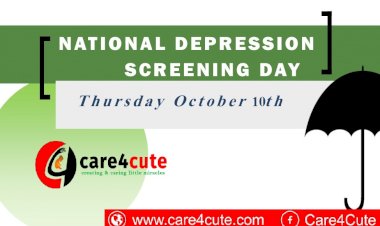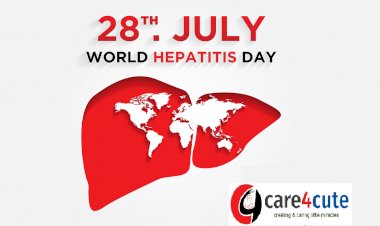Ensuring Optimal Breastfeeding: Signs Your Baby Is Getting Enough Milk
A satisfied and satiated baby is one of the most reassuring signs that your baby is getting enough milk while breastfeeding. Read on to know why

Introduction:
Breastfeeding is a beautiful and natural way to nourish your baby, providing numerous health benefits and strengthening the bond between mother and child. As a new parent, it's common to wonder whether your baby is receiving enough milk during breastfeeding. While it may seem challenging to gauge, there are several indicators that can assure you that your little one is getting the nutrition they need. In this article, we will explore the signs that indicate your baby is receiving sufficient milk while breastfeeding.
-
Satiated after Feeding: One of the most reassuring signs that your baby is getting enough milk is a sense of contentment and satisfaction after nursing. If your baby appears relaxed, falls asleep, or releases the breast on their own, it typically indicates they have had enough milk to meet their hunger and nutritional needs.
-
Adequate Weight Gain: Monitoring your baby's weight gain is another reliable way to assess their milk intake. During the early weeks, it's normal for newborns to lose a small amount of weight, followed by a steady increase thereafter. Regular check-ups with your pediatrician can help track your baby's weight gain, ensuring they are on a healthy growth trajectory.
-
Frequency of Wet Diapers: Wet diapers are an excellent indicator that your baby is receiving enough milk. In the first few days, your baby may produce only a few wet diapers. However, after your milk comes in, they should have at least six to eight wet diapers per day, with clear or pale urine. The increase in wet diapers signals that your baby is properly hydrated.
-
Bowel Movements: The frequency and consistency of bowel movements can also provide insights into your baby's milk intake. In the early weeks, it's common for breastfed babies to have frequent, mustard-yellow stools. As long as your baby has regular bowel movements and they appear soft, your baby is likely getting enough milk.
-
Active and Alert: An adequately nourished baby will exhibit signs of alertness and engagement with their surroundings. They will have periods of wakefulness and show interest in their environment, making eye contact, and responding to stimuli. This active engagement indicates that your baby is receiving the nourishment they need to support their growth and development.
-
Contentment and Growth: In addition to physical indicators, the overall well-being and growth of your baby can provide reassurance. If your baby is generally content, gaining weight steadily, reaching developmental milestones, and maintaining good overall health, it suggests that they are receiving sufficient milk.
Conclusion:
Breastfeeding provides numerous benefits for both mother and baby. By understanding the signs that indicate your baby is getting enough milk, you can have peace of mind and nurture their healthy development. Remember, every baby is unique, and it's essential to consult with your healthcare provider or a lactation specialist if you have any concerns about your baby's breastfeeding patterns or growth. With time and experience, you will become more confident in recognizing the signs that your baby is receiving optimal nourishment through breastfeeding.



































Comments (0)